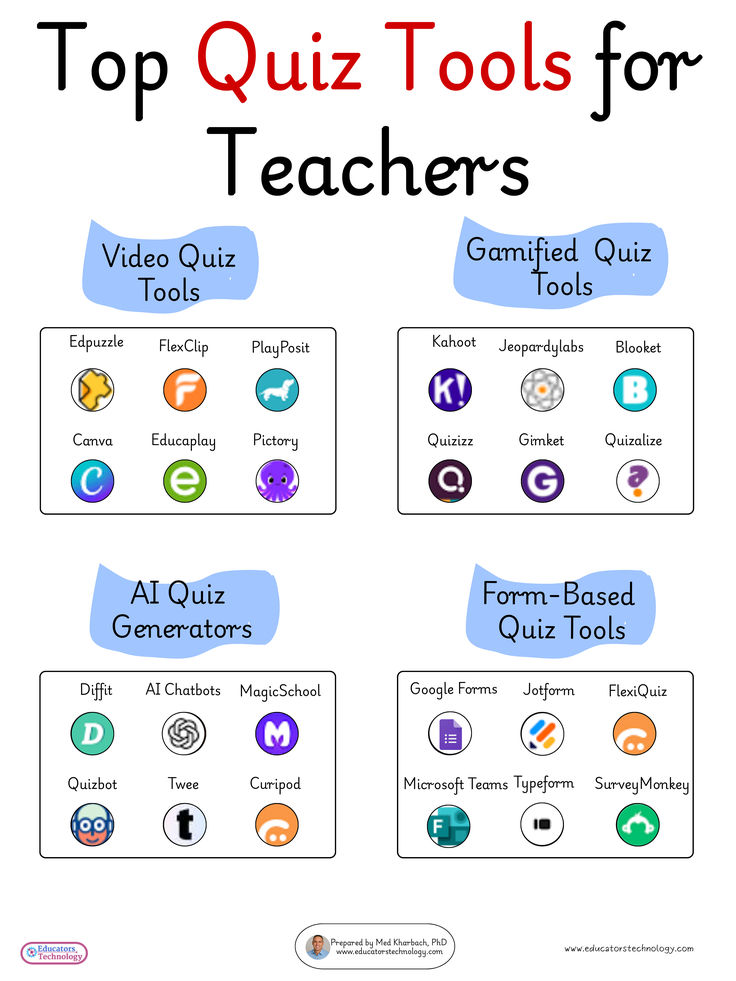Introduction
The rise of generative AI tools like ChatGPT has brought unprecedented opportunities to education, enabling teachers and students to generate ideas, draft assignments, and explore content in new ways. However, it also presents challenges for academic integrity. With easy access to AI-generated content ai for studying, students may be tempted to misuse these tools, risking plagiarism, over-reliance, or loss of critical thinking skills. For educators, fostering responsible AI use is essential to maintaining trust, fairness, and meaningful learning experiences.
Understanding the Challenges
AI tools can produce text, summaries, essays, and problem solutions quickly, making it difficult for teachers to discern original student work. Common concerns include:
- Plagiarism and Academic Dishonesty: Students may submit AI-generated work without proper acknowledgment.
- Skill Erosion: Over-reliance on AI for writing or problem-solving may limit critical thinking, research, and writing skills.
- Equity Issues: Students with varying access to AI tools may be advantaged or disadvantaged, impacting fairness.
Understanding these risks allows teachers to develop strategies that promote ethical and effective AI use.
Establishing Clear Policies
Teachers should create transparent guidelines around AI use in their classrooms. Policies might include:
- Defining acceptable versus unacceptable use of AI tools.
- Requiring proper citation or acknowledgment of AI-assisted work.
- Specifying when AI can support brainstorming, editing, or research but not replace original work.
- Aligning classroom rules with school- or district-wide academic integrity policies.
Clear expectations reduce confusion and encourage students to take responsibility for their learning.
Integrating AI Ethically into Instruction
Instead of banning AI outright, teachers can teach students to use it responsibly. Strategies include:
- AI as a Support Tool: Encourage students to use ChatGPT for drafting ideas, outlining, summarizing, or improving grammar, but not for final submissions.
- Reflection and Revision: Require students to explain how they used AI and reflect on what they learned.
- Collaborative AI Tasks: Design assignments where AI is used as a collaborative assistant, fostering critical engagement rather than passive consumption.
These approaches help students develop digital literacy and ethical research habits.
Designing Assessments That Discourage Misuse
Certain assessment formats make it easier to detect or prevent inappropriate AI use:
- Personalized or Contextualized Prompts: Ask students to relate assignments to personal experiences, local examples, or classroom discussions.
- Oral Presentations and Reflection: Require students to present or explain their work, demonstrating understanding beyond written submissions.
- Process-Based Assessment: Grade students on drafts, research notes, and step-by-step work, not only the final product.
- Authenticity Checks: Incorporate unique problem-solving or creative tasks that are less susceptible to generic AI generation.
These strategies maintain academic integrity while still allowing AI-assisted learning.
Teaching Digital Literacy and Responsible Use
Education on AI ethics is critical. Teachers can:
- Explain the benefits and limitations of generative AI.
- Discuss intellectual property, attribution, and plagiarism in the context of AI.
- Model responsible use by showing how AI can enhance learning rather than replace it.
- Encourage critical evaluation of AI outputs, including accuracy and bias.
When students understand the ethical and practical implications of AI, they are more likely to use it responsibly.
Leveraging AI for Feedback and Support
Ironically, AI itself can help maintain academic integrity:
- Plagiarism Detection: AI-powered tools can flag suspicious submissions.
- Formative Feedback: ChatGPT can generate suggestions for improvement, supporting learning while reducing the need for shortcut submissions.
- Student Self-Assessment: Encourage learners to use AI for self-checking grammar or structure, reinforcing accountability without compromising originality.
Using AI as a guided support tool reinforces ethical use while enhancing learning outcomes.
Conclusion
ChatGPT and other AI tools are reshaping education, but responsible integration is key to preserving academic integrity. Teachers play a critical role in setting clear expectations, designing assessments that promote authentic work, and educating students on ethical use. By fostering a culture of transparency, critical thinking, and responsible AI engagement, educators can help students harness technology as a tool for learning rather than a shortcut, preparing them for both academic success and lifelong ethical digital citizenship.


